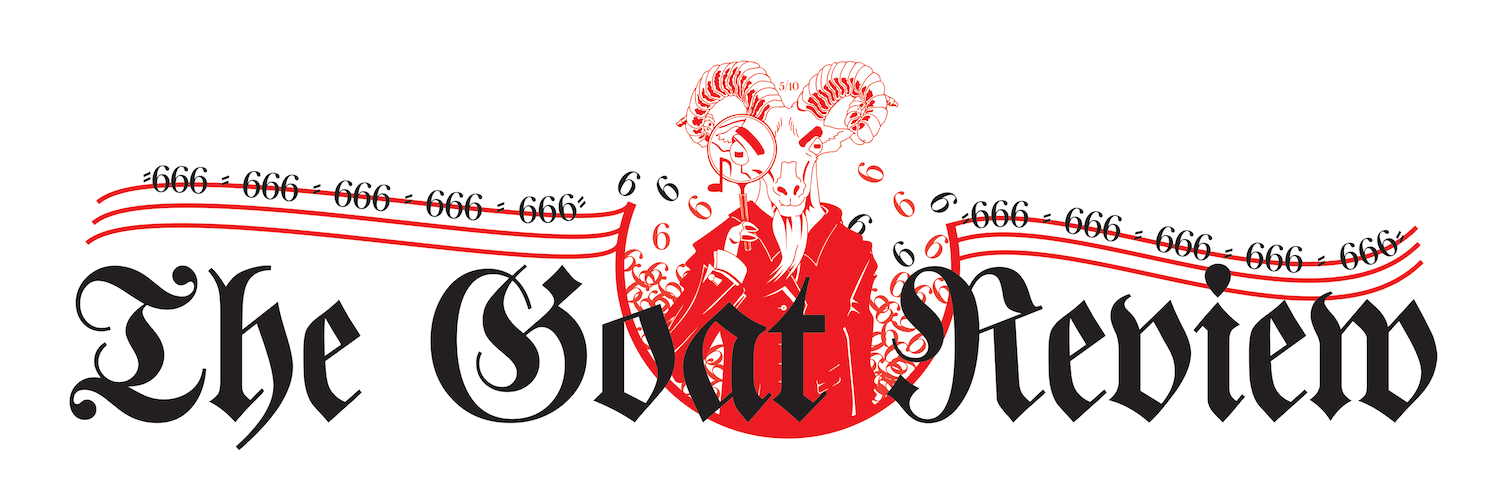
If you’ve been a fan of any of the more progressive genres of Metal, there is a good chance you are into some of the Progressive Rock greats too. Steven Wilson was skirting that middle ground between 2013 and 2015 when he released The Raven that Refused to Sing (And Other Stories) and Hand.Cannot.Erase respectively. There was a certain percussive feel to the songs on these albums that had hardly been heard in Wilson‘s work since Porcupine Tree‘s In Absentia, all the way back in 2002. The following two albums instead saw him steering down the road of ABBA-inspired Pop and ultimately a snarky parody of what a modern Pop album is. I imagine the audience was even less amused by The Future Bites than Wilson himself, as he arguably hit rock bottom with the ironic overload of a song that is “PERSONAL SHOPPER”, where he tried to rail against consumerism by becoming one with it (look at the deluxe editions of the album if you don’t believe me). With this old-man-yells-at-cloud moment and the lacklustre Porcupine Tree revival of last year, my hopes for a follow up were exceptionally low. The Harmony Codex springs in several directions at once and it starts out surprisingly strong, with more bite and skill in pacing than the recent output. It is clear that Steven Wilson is still intent on exploring electronics but the paths he takes is less expected than on previous albums. The Pop is still there with the building vocal refrain in “Rock Bottom” mostly resembling a Florence + the Machine song, with a tired sounding Ninet Tayeb again lending her voice to the music.
But there is some good variety on display that makes The Harmony Codex keep my interest up, especially in the first four songs that shift between beat-led Electronic music (“Inclination”, “What Life Brings”), a downtrodden Ambient Electronic song (“Economies of Scale”) and instrumental Progressive Rock (“Impossible Tightrope”). Sadly, this momentum is lost somewhere between “Rock Bottom”, where the influence of another band is crystal clear, and the atmospheric focus of the tracks leading up to “Actual Brutal Facts”. This latter song, while corny, again throws a curveball in one of the most successful imitations of a Massive Attack song I have heard in a good while. What makes much of this material stick is that Steven Wilson is meticulous at sound production and getting a live feel out of the instruments. Mixing this with the Electronic focus of many of these songs makes for some music that operates, production-wise, on a level that is unusual today. It all makes it feel like Wilson is again trying to challenge himself and leaves an overall positive impression. Instead of previous annoyances, what stops this album from reaching its full potential is the tired but true disclaimer one adds to any Progressive Rock album: it would be better if they learned to edit a bit. But still, it is nice to see that when Steven Wilson gets the inclination and takes everyone on, he can still hit the target occasionally.
